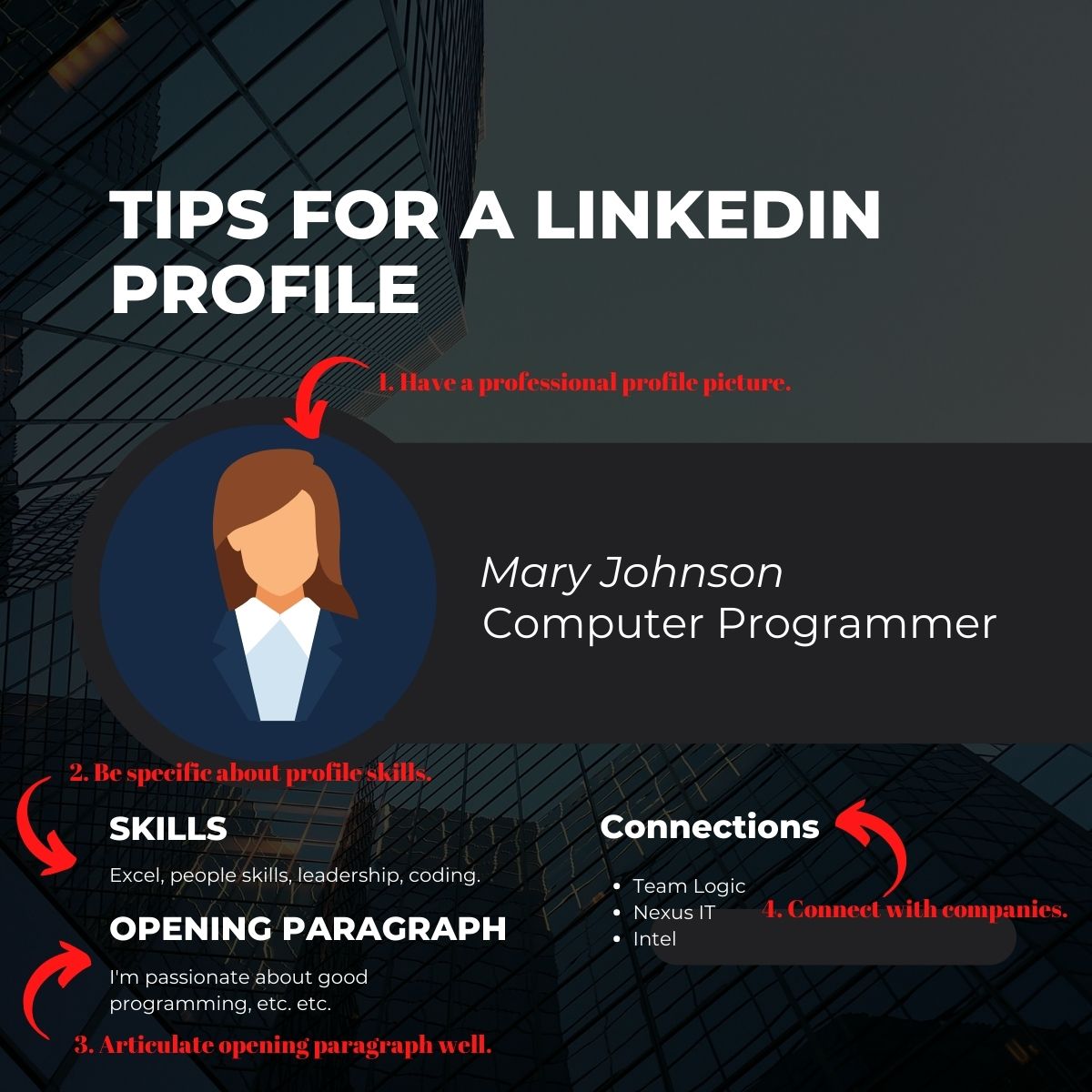BYU Career Services and former graduates gave advice on how to prepare for the workforce after graduation.
Jodi Chowen, the managing director of Careers and Experiential Learning at BYU, explained that the best thing students can do to prepare for the workforce after graduation is to build soft skills, including communication and problem-solving.
“If you don’t know how to have a conversation with somebody else, then they’re not going to hire you,” Chowen said.
Chowen said the best thing to do to build soft skills is get involved with things on campus. She suggested getting involved in student employment, clubs, being a research assistant or teaching assistant or going on a field study or study abroad.
Chowen said part of building soft skills is being emotionally aware.
“You have a sense of others in the room, you can read others, you’re curious about others, you know how to engage with others,” Chowen said. “That’s so foundational.”
Karen Gonzales, who has a bachelor’s in Recreation Management from BYU, said her professors were a huge resource as she prepared for the workforce after graduation because they were well-connected and had been in the field for a long time.
BYU graduate Mattie Halversen said she tried to stay busy and be involved in the healthcare industry as much as she could during college. She said this helped her be more comfortable with patients after she graduated.
Halversen also said she took an etiquette class through the BYU in which she learned how to compose herself when meeting a potential employer and how to network and introduce herself. She said this course helped her prepare to be professional.
According to Chowen, the center keeps data on when graduates find employment after graduation. She said well over 90% of students are where they want to be six months after graduation in terms of employment.
Chowen explained that it is advantageous for students to start thinking about employment and networking as soon as they can.
“As you gather more information, God can begin to inspire you,” Chowen said. “The earlier you start gathering that information (about future employment) and thinking about things and having these conversations with people, then the more I think you can be helped on your path.”
Chowen highlighted the importance of using LinkedIn, saying it is important to have a good online brand because some recruiters use that online resource. She said it is important to have a professional picture, be specific in one’s profile about skills, articulate one’s opening paragraph well and connecting with companies one likes.

Chowen said the career center has a LinkedIn audit where career mentors will go over students’ profiles with them individually. Chowen also said the career center can help students create their resumes, conduct practice interviews and more.
Chowen said that no appointment is needed for the career center, and students are welcome to drop in. For students looking to make an appointment, career services has an option for that on their website.
Chowen recommends being authentic in job interviews.
“Really try to be you and be genuine with a recruiter or whoever is hiring you,” Chowen said. “Say, ‘I actually am really excited about this job, and these are the reasons why.’”
Gonzales reached out to potential employers and described her interests, skills and background when she was trying to get hired. She said she was having that conversation with a specific employer for about nine months before she got a part-time job at her ideal job location.
Halversen’s internship helped her get a job in an emergency room. She said she had applied to other emergency rooms and was not accepted, but her internship was helpful in getting that specific emergency room job.
Halversen advised students to talk to someone who has found a job in their specific field of study. She also said college advisors are great for helping students find resources.
Halversen also said working during college is helpful for preparing for the workforce after college.
“Even if it’s not a job that’s going to be using your major, just practicing being an employee is really important,” Halversen said.
Gonzales said talking to people is one of the best things students can do to prepare for post-college life.
“I found that the best jobs usually come from people that you know or (refer) to you or something like that,” Gonzales said. “It takes stepping outside your comfort zone and being willing to show up to fairs … and pitching yourself.”




